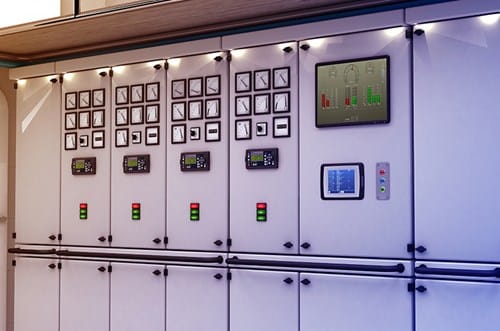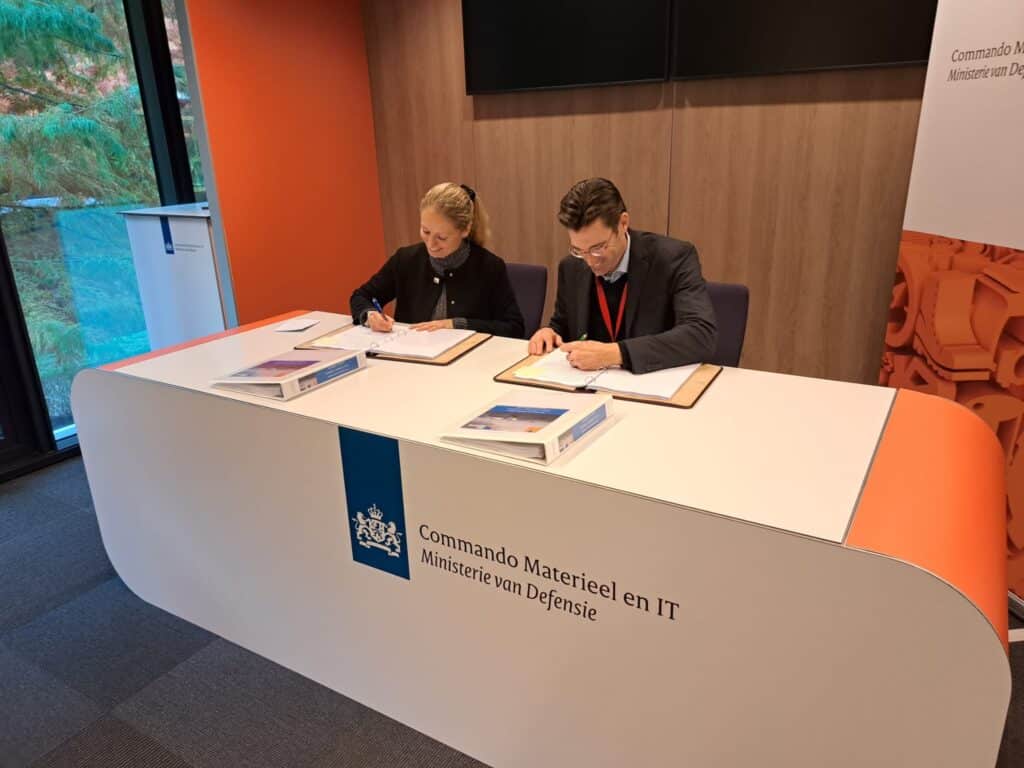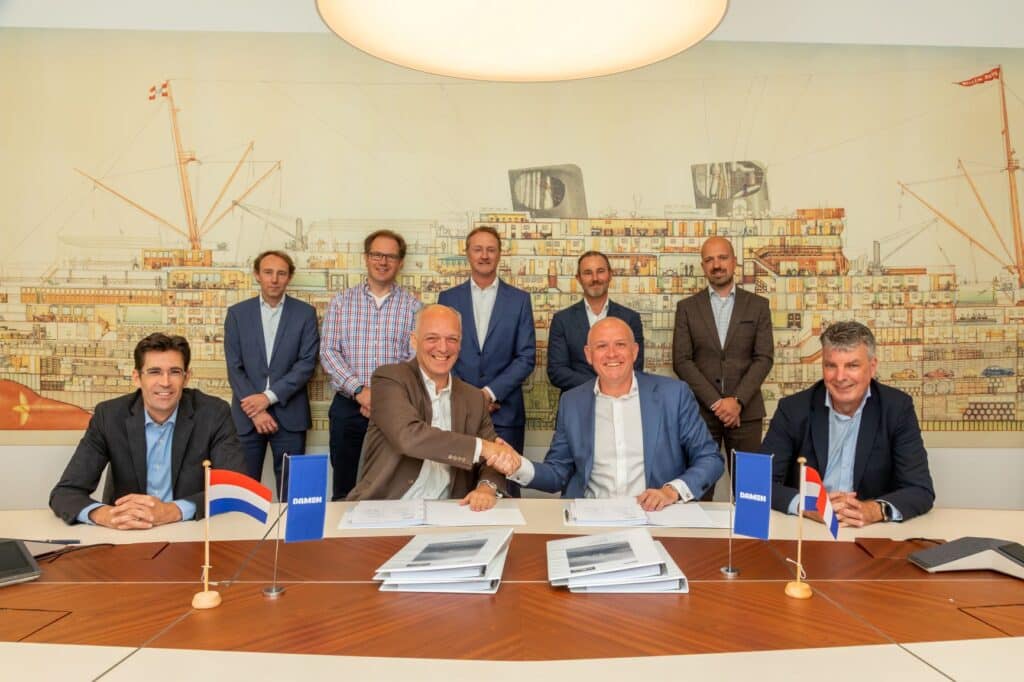For her research paper on ‘New developments in Energy Management’, product manager hybrid portfolio Despoina Mitropoulou of RH Marine together with Louis Elling from the Netherlands Defence Academy won the third prize at the Sir Donald Gosling Award. This annual prize for young engineers was awarded during the 14th International Naval Engineering Conference and Exhibition (INEC) in Glasgow. Over a hundred technical papers were presented there.
Because of an increasing demand for greenhouse gas reduction, more and more vessels are looking into using various energy sources. Besides diesel propulsion, extra energy sources like batteries, micro turbines, fuel cells and variable speed generators are considered. In such systems, energy management becomes crucial.
RH Marine developed its own award-winning Rhodium Energy Management System (EMS), using a self-learning artificial intelligence algorithm that automatically distributes the power demand over the available diesel generators and batteries in the most optimal way. Analysed measured data shows that on seagoing ferries, the EMS saves fuel up to 12 percent, and 11 percent on superyachts. Putting battery shore charging in the mix even reduces fuel consumption on ferries with 38 percent.
To optimise the total performance of a ship, RH Marine wants to further develop its EMS. For instance, by incorporating battery lifetime prediction, power consumption forecasting, generator wear and tear and maintenance requirements of equipment. The first step was to incorporate battery lifetime prediction and power consumption forecast.
Using a simulation for the unpredictable load profile of a hybrid super yacht, Mitropoulou and Elling demonstrated that battery lifetime can be extended by carefully observing lifetime determining quantities, like state of charge (SOC) and the magnitude of charging and discharging currents, thus optimising the TCO.
Additionally, their simulation model for a ferry with a forecasted load demonstrated that power consumption forecast can improve the desired operation.
In their simulation, they adapted the optimization algorithm, making it also consider the battery lifetime as an important goal, besides focussing on saving fuel. This method resulted in the battery achieving its requested lifetime, while preserving fuel savings.
However, it did also show that optimising battery lifetime can lead to more start-stop cycles and subsequent wear and tear of the generator. ,,That is undesired, so we are adjusting our control algorithm to achieve a balance between these two goals,” says Mitropoulou. ,,The most important of our findings is that this improved EMS can be used for all kinds of power sources in the future and will minimise Costs of Ownership.”



